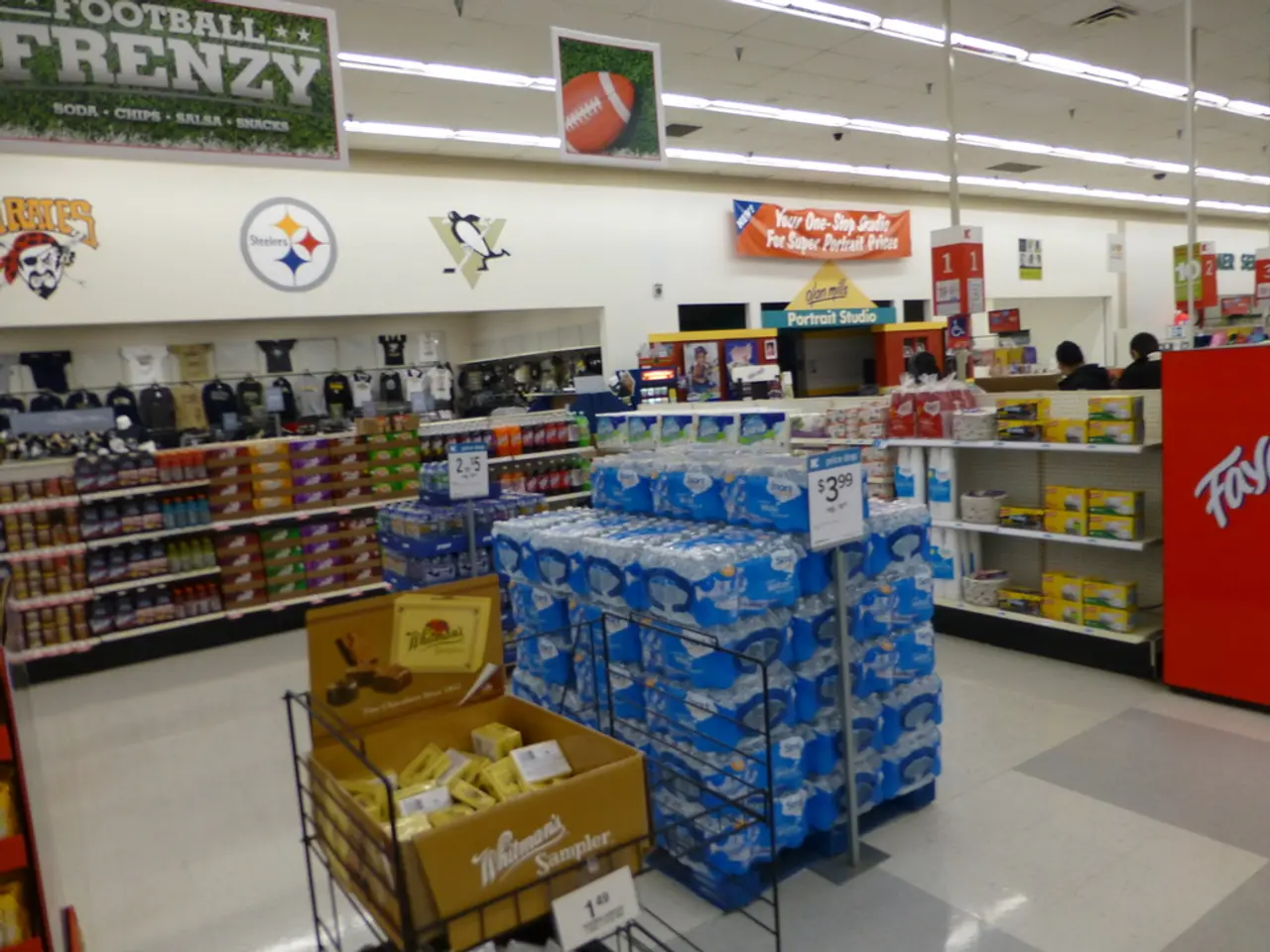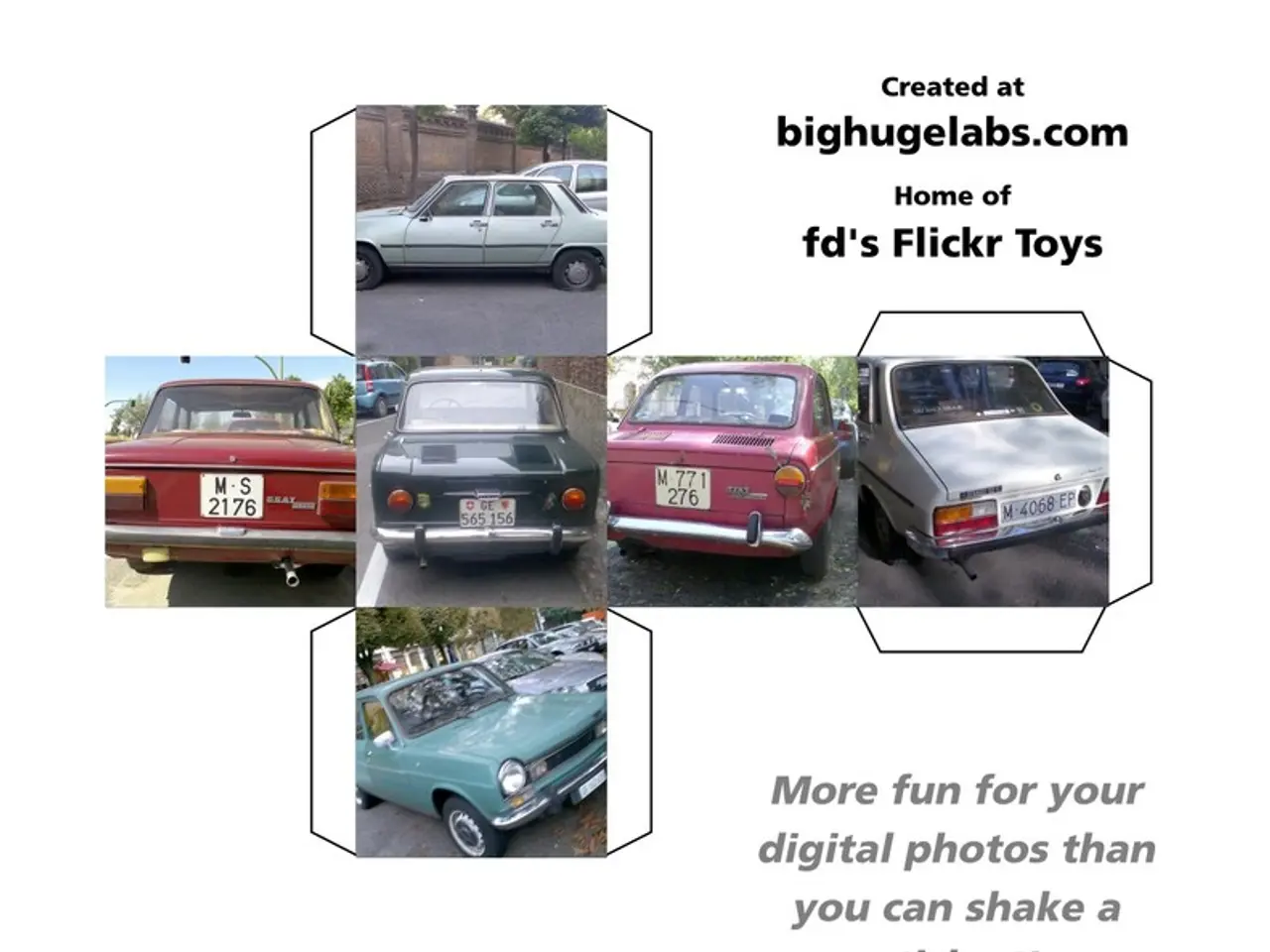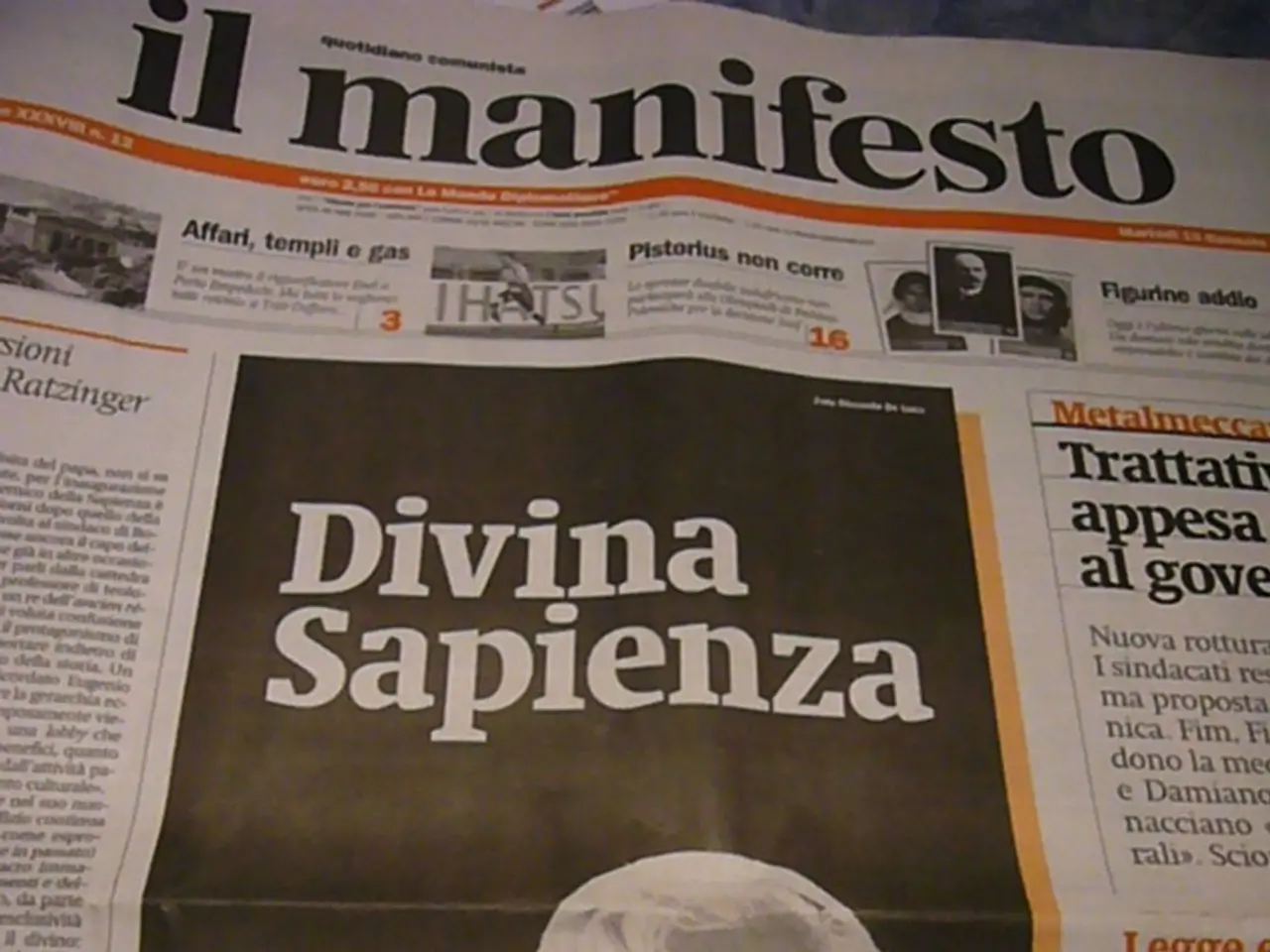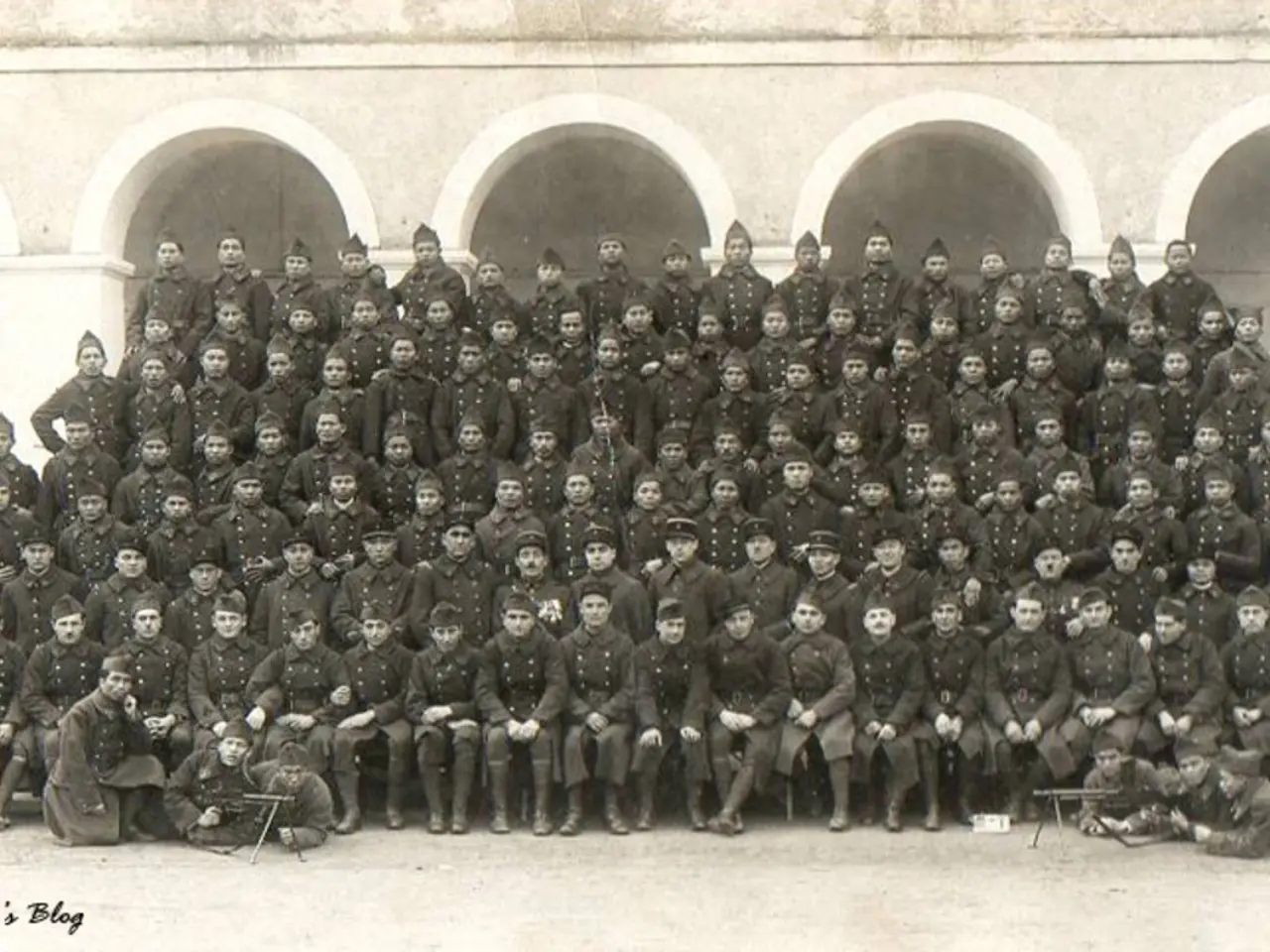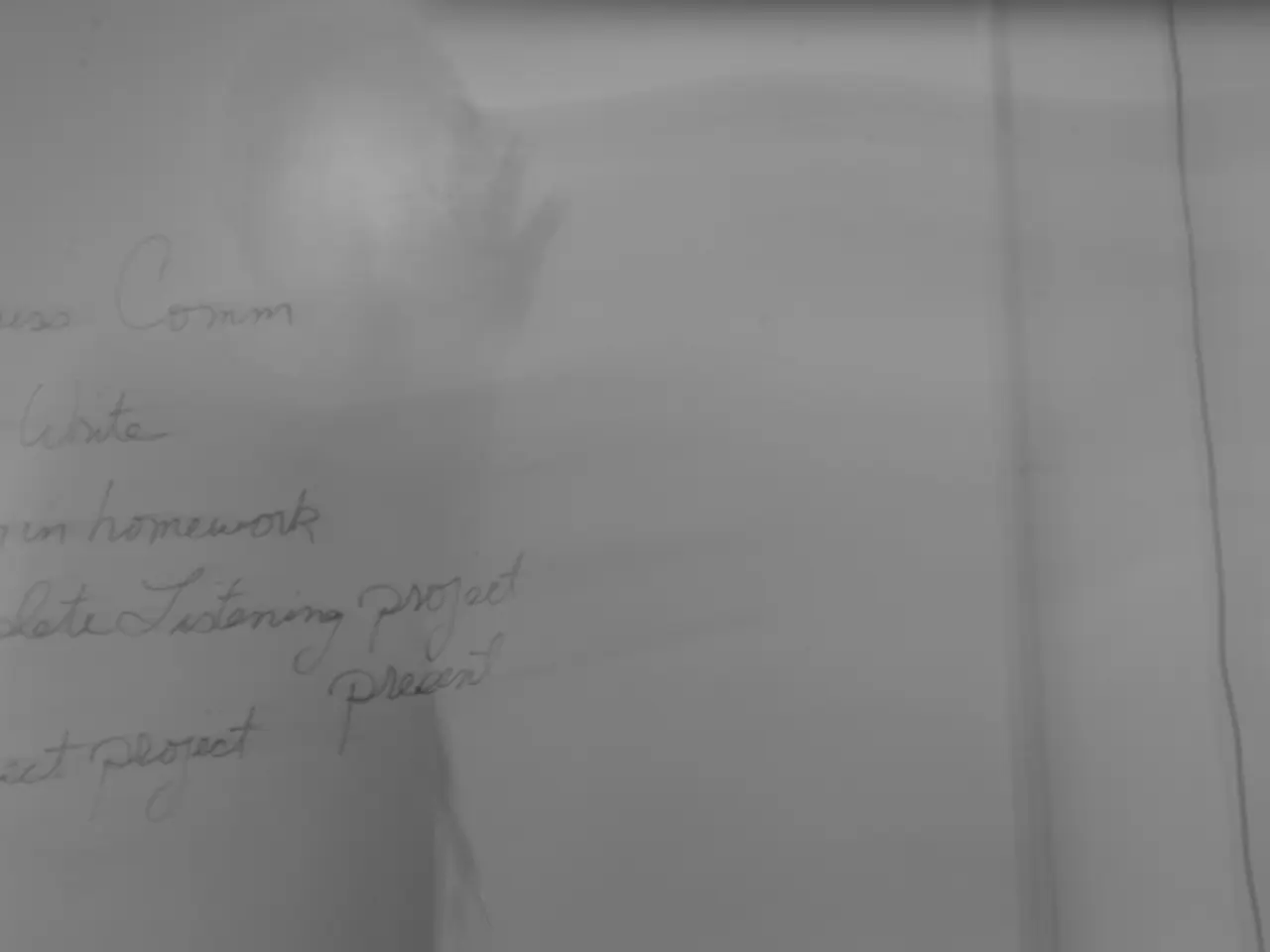Belarus Retail Shopping Experience
In the heart of Europe, Latvia finds itself at a crossroads, closely monitoring the flow of goods from its eastern neighbour, Belarus. The outbreak of war has brought about changes in the rules of the game, with Latvian authorities closing the border for private vehicles bearing Belarusian license plates [1]. However, the economic ties between the two countries remain complex and intricate.
Despite EU sanctions and political tensions targeting Belarus, specifically prohibiting arms procurement and imposing export restrictions, Belarusian goods continue to find their way into the EU, often via indirect and complex trade routes [2]. These routes, involving multiple countries not under direct EU sanctions, serve as transit points or resale hubs. Shell companies and front entities in third countries are employed to obscure the true origin or destination of goods, while maritime shipping networks are utilised to disguise the trade routes of Belarusian products [2].
Latvia, as an EU member bordering Belarus, is under scrutiny for compliance with these restrictions. The complexity of identifying and intercepting indirect sanction evasion tactics presents a significant challenge [3]. Many international companies avoid direct trade with Belarus due to reputational risks and lengthy compliance measures, yet Belarus’s integration within Eurasian economic alliances and its geopolitical role sustain some economic activities despite sanctions [2][4].
A shopping tour to Belarus, devoid of any connection to family ties or shared history, has become a popular trend among Latvians. Comfortable buses with Latvian license plates ferry tourists across the border for one-day shopping tours that cost as little as 47 euros, with longer tour programs also available [5]. The sight of Belarusian goods in foreign shops, such as Riga, can be a therapeutic moment for refugees [6].
However, the patronage of Belarusian goods may raise eyebrows due to Belarus's involvement in Russia's war against Ukraine. The mayor of Daugavpils, Latvia, for instance, has a fondness for Belarusian cottage cheese bars, which some perceive as supporting the regime of oppression and war [7].
Despite the potential dangers and detainment of Latvians in Belarus, regular buses run between the two countries, with tickets in high demand [8]. Belarusian goods, such as sweets, shoes, bedding, socks, cosmetics, and traditional felt boots, are available in some shops in Riga, Latvia [9]. The price difference is significant, with cigarettes in Minsk being almost four times cheaper than in Riga, and gasoline twice as cheap [10].
The Latvian authorities advise against travelling to Belarus due to the potential danger and detainment of Latvians [11]. There have been cases where Latvians have been detained in Belarus [11]. The Lukashenka regime issues an annual decree to abolish visas for EU citizens, aiming to attract more tourists to Belarus [12].
For those who wish to support independent and critical journalism covering the war and peace in Belarus, donations can be made to the Panter Foundation's "Diary of War and Peace" project [13]. As the situation between Belarus and the EU continues to evolve, it is crucial to stay informed and make conscious decisions.
References: 1. News Article 1 2. News Article 2 3. News Article 3 4. News Article 4 5. News Article 5 6. News Article 6 7. News Article 7 8. News Article 8 9. News Article 9 10. News Article 10 11. News Article 11 12. News Article 12 13. News Article 13
- Despite the political and economic complexities between Latvia and Belarus, a shopping tour to Belarus has become popular among Latvians, offering goods at lower prices than in Riga.
- The patronage of Belarusian goods by some, such as the mayor of Daugavpils and his liking for Belarusian cottage cheese bars, can raise eyebrows due to Belarus's involvement in Russia's war against Ukraine.
- Amidst sanctions and restrictions, Belarusian goods find their way into the EU via complex and indirect trade routes, involving multiple countries and intricate methods to disguise their origin or destination.
